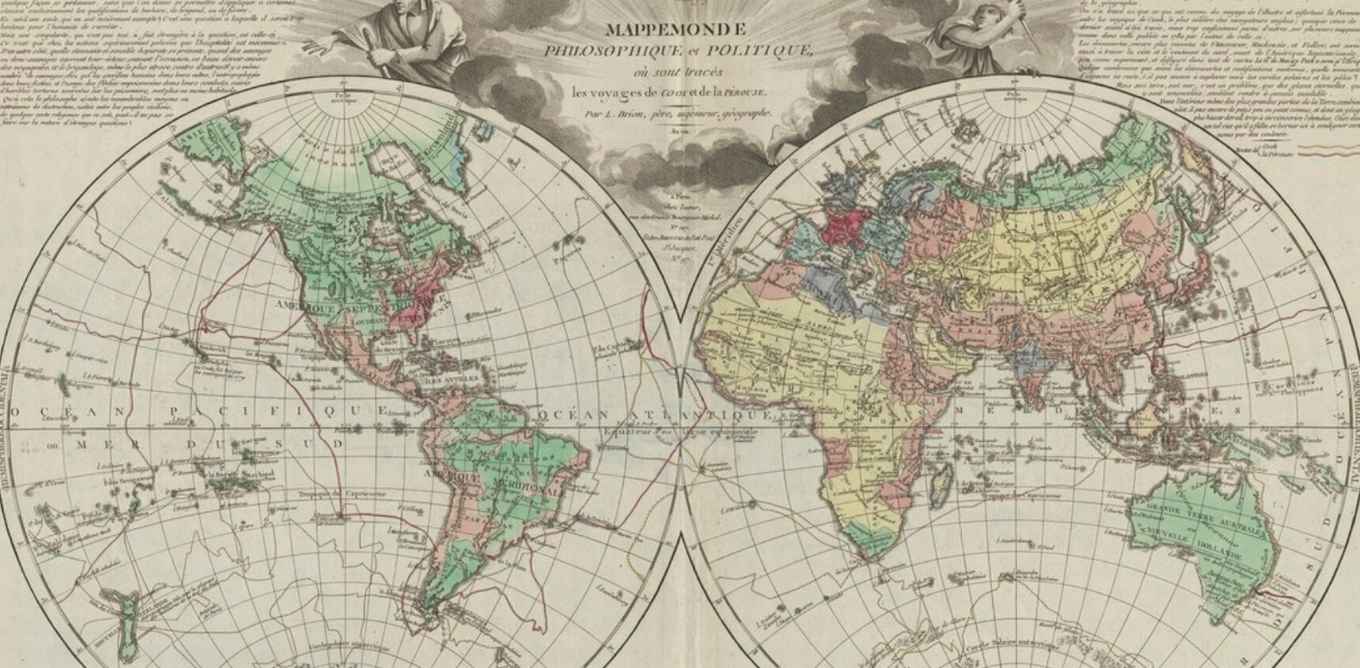Public lecture by Lisa Regazzoni
- Date
- 14 March 2023
- Time
- 16:00 -17:30

Abstract
Adopting a fresh perspective, my research takes on the task of rethinking the field of knowledge dealing with the “Gallic past” in French discourse in the eighteenth and early nineteenth century. Instead of first buckling down to the analysis of historical narratives surrounding the Gallic past, it tackles the monument, the historical evidence that underpinned and verified insights into that past. Spotlighting the monument for the first time as an epistemic object, it explores its impressive semantic enhancement in the course of the eighteenth century and the concomitant epistemic practices involved in constructing the Gallic past.
From this vantage point, my research wants to offer a pioneering contribution to a historical epistemology yet to be written, one that focuses on the historicity of the respective epoch-specific “species” of evidence. The single-minded pursuit of monuments prompts a gaze shift to the French provinces, where material and immaterial testimonies of the Gallic past were “discovered” and processed into epistemic objects. The “provincializing” of Paris as a site of knowledge production ensues, shedding light on the crucial role of provincial erudition, as seen not merely in the “invention” of the Gallic past but also in methodological and epistemological renewal. What follows is a revision of the historiography of recent decades, which has interpreted the narrative of an “autochthonous” pre-Roman past either as nation building or identity creation. With rare exceptions, the real purpose of these narratives produced with and around Gallic monuments was to brace ecumenical, Christian-apologetic, universalist (and anti-Gallic!) views or parochial claims.
Biography
Lisa Regazzoni is full professor in Theory of History at the University of Bielefeld. Previously, she was a ‘Wissenschaftlicher Mitarbeiter’ at the Goethe-Universität Frankfurt, held fellowships at, among other places, the IAS Princeton, German Historical Institute London and the EHESS Paris, and lectured at the Ludwig-Maximilians-Universität München. In 2020 she published her ‘Habilitationsschrift’ entitled Geschichtsdinge. Gallische Vergangenheit und französische Geschichtsforschung im 18. und frühen 19. Jahrhundert. Her research interests include the history and theory of historical studies, material culture and history of collecting and French intellectual history of the 18th and 19th centuries.
Location
Utrecht, Janskerkhof 13, 0.06 and online
Registration
No registration is needed, unless you want to participate online. In that case, send an e-mail to: info@globalintellectualhistory.org.
About the Seminar
The Utrecht/Amsterdam Seminar Global Intellectual History is a platform for researchers from different faculties and departments at the University of Amsterdam and Utrecht University who are working in the field of intellectual history and related disciplines. These include, among others, the history of historical, legal and political thought, conceptual history, the social and cultural history of ideas, as well as research at the intersection between intellectual history, institutions, politics, and practices.
Worldwide, intellectual history is moving into new, exciting directions. Tapping into new source materials, covering longer stretches of time, dealing with broader geographical spaces, making comparisons and drawing connections on a global scale, as well as combining established and new (digital) methods, both young and up-coming as well as established experts are in search for new answers – and perhaps more importantly – new questions. The Utrecht/Amsterdam Seminar Global Intellectual History contributes to this development by providing a venue for presenting and discussing frontline research.